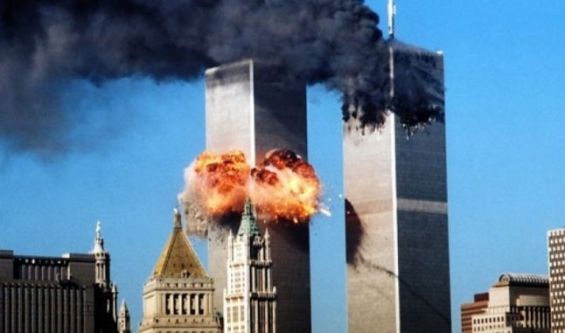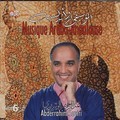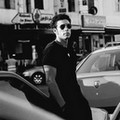The infamous attacks carried out on the 11th of September 2001 have been a turning point in the history and policy of the United States. The attacks reportedly killed 2,996 people, injured over 6,000 others and also changed the lives of thousands of Muslim and Arab migrants living in the USA. Several incidents of harassment and hate crimes against Muslims and people of Middle Eastern descent were reported in the days following the attacks.
9/11 reported by two Moroccans
A report issued by the South Asia American advocacy group indicated that media documented 645 bias incidents against Americans of South Asian or Middle Eastern descent between September the 11th and the 17th. For the Moroccan version of the story, Yabiladi spoke to Youssef B., a Moroccan national who was in New York on the 11th of September and witnessed the attack from his apartment in Queens. «A friend of mine from Oklahoma, where I used to live and study, called asking about what was happening in New York», Youssef recalls, «I did not know what was happening as I was just home and did not go out that day. He explained to me saying that an airplane crashed into a building».
Frightened by the bad news, Youssef who had just graduated and was looking for a job in New York back then turned the TV on to get more information. «It was a local TV channel, I remember it was in Spanish and the news anchor spoke about an accident and not an attack at the beginning while showing photos of the building», explained Youssef adding that «as shocking as it sounds while I was watching TV, another airplane crashed into the other building, it was a moment of panic the news anchor started shouting “Oh My God”».
«We stayed home because we were scared. Locals attacked a number of Sikhs thinking that they were terrorists because they were bearded and they wore turbans», states Youssef to Yabiladi. However, for the young Moroccan graduate, living through the 11th of September attacks marked the end of his journey in the country. «A month after the attack, I left the USA, I believe it was one of the triggers that pushed me to leave the US».
When asked about hate crimes and the rise of Islamophobia reported by media back then, Youssef insisted that «Muslims, especially women who wore the veil, were looked at differently after 9/11».
Nationalism, hate crimes and Media
Things were seen differently by Mahjoub B., a Moroccan translator who works for the United Nations and who was living in New York at the time of the attacks. The Moroccan national believes that New York has reacted differently to the attacks. «Hate crimes were always there in marginalized and poor neighborhoods», Mahjoub told Yabiladi indicating that «media coverage gave these crimes a religious dimension» linking it to the attacks and Islamophobia.
For Mahjoub «the effects of 9/11 were encountered in other parts of the country like the Midwest and the south. New York is a dynamic city with a different lifestyle so people were too busy to pay attention to that».
When asked about his experience as a Muslim living in the USA after the deadly attacks, Mahjoub insisted that he was respected as he worked in a workplace where racism and Islamophobia are not tolerated.
On the other hand, hate crimes and prejudicial incidents have taken place in several parts of the federal country. According to a source from the Council of American Islamic Relations (CAIR), a civil rights and advocatory group headquartered in Washington D.C., the events of the 11th of September were indeed a turning point in the way Muslims and Arabs were seen by Americans. «Our data does not go that far back but in the past few years we have noted an increase in hate incidents», said the same source.
In a recent report issued by CAIR and entitled «The Empowerment of Hate», it is reported that «in 2016, CAIR recorded a 57% increase in anti-Muslim bias incidents over 2015. This was accompanied by a 44% increase in anti-Muslim hate crimes in the same period». Sixteen years after the deadly attacks, bigotry has been on the rise, the survey indicates that «from 2014 to 2016, anti-Muslim bias incidents jumped 65%».
The presidential race was one of the factors that triggered the increase of anti-Muslim hate crimes in the USA. «When Donald Trump became President of the United States on January 20th, 2017, he brought an unprecedented record of conditioning audiences to fear Muslims», CAIR reports indicating that : «Trump has stated that he believes 'Islam hates us,' and alleges that there is 'no real assimilation' by US Muslims, both of which ideas have been thoroughly disproven by independent sources».





 chargement...
chargement...













